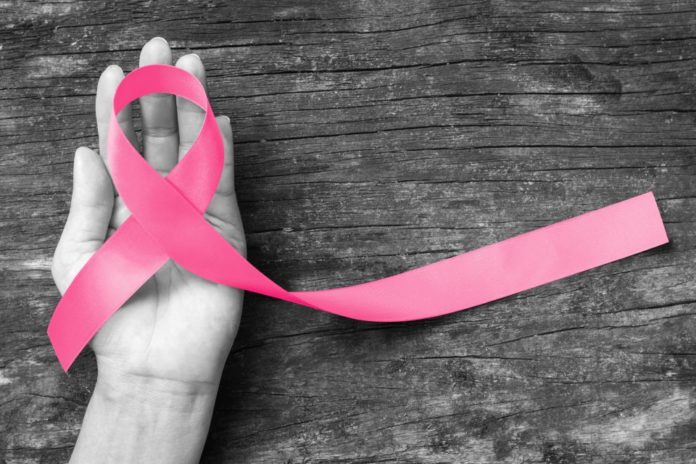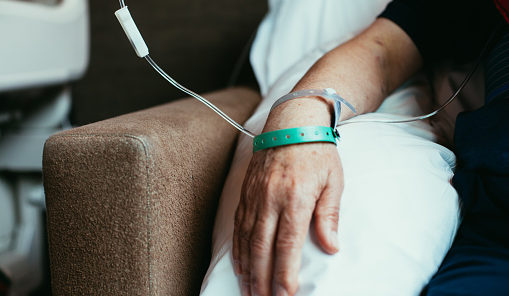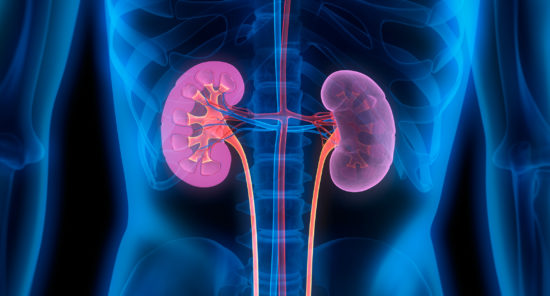One year of adjuvant olaparib should be offered to patients with high-risk early-stage human epidermal growth factor receptor 2 (HER2)-negative breast cancer and germline BRCA mutations after completion of (neo)adjuvant chemotherapy and local treatment, according to a rapid recommendation update published by the American Society for Clinical Oncology (ASCO).
Following presentation of the results from the OlympiA randomized controlled trial at the 2021 ASCO Annual Meeting and publication in the New England Journal of Medicine, ASCO updated its recommendations for the management of hereditary breast cancer.
According to the updated recommendation, one year of adjuvant olaparib should be offered after completion of (neo)adjuvant chemotherapy and local treatment, including radiation, for patients with early-stage, HER2-negative breast cancer with a high risk for recurrence and germline BRCA1 or BRCA2 pathogenic or likely pathogenic variants. For patients who had surgery first, one year of adjuvant olaparib should be offered to those with triple-negative breast cancer (TNBC) and tumor size >2 cm or any involved lymph nodes. Among patients with hormone receptor-positive disease, adjuvant olaparib should be offered to those with at least four involved axillary lymph nodes. Additional recommendations for adjuvant olaparib address those with TNBC or hormone receptor-positive disease who have residual cancer.
“Guideline updates have traditionally required months to review new data, assemble an expert panel, develop, approve, and publish recommendations — making it difficult to provide timely support to clinicians seeking to keep abreast of rapidly advancing research,” Clifford A. Hudis, M.D., chief executive officer of ASCO, said in a statement. “ASCO’s new rapid guideline updating strategy is meant to address this need by providing rapid evidence review and dissemination of practice-changing trial results.”
Copyright © 2020 HealthDay. All rights reserved.
Credit: Original article published here.










